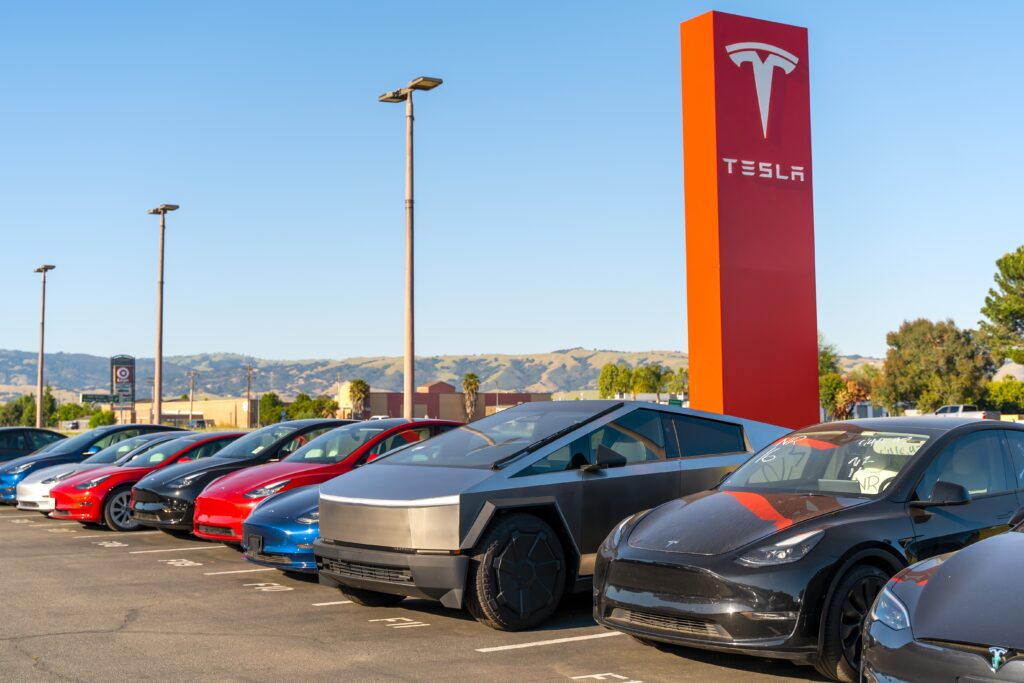Automakers Challenge EU’s Tariff Policies
Tesla and BMW have sued the European Commission over tariffs on electric vehicles (EVs) imported from China. These tariffs also impact Chinese manufacturers like BYD and SAIC. The two companies join others, including Geely, in opposing the levies imposed by the European Union.
Tesla’s stock dropped by 2.32% on Tuesday afternoon, while BMW’s fell by 0.35%. Both companies have filed lawsuits with the European Union’s Court of Justice, though further details remain undisclosed.
Last year, the EU placed a 7.8% tariff on Tesla’s China-made EVs and a 20.7% tariff on BMW’s. Other Chinese manufacturers faced similar tariffs: Geely at 18.8%, BYD at 17%, and SAIC at 35.3%. These tariffs come on top of a standard 10% duty for all car imports into the EU.
BMW has criticized these measures, arguing they do little to boost European automakers’ competitiveness. A BMW spokesperson told The Wall Street Journal, “Countervailing duties harm globally active companies, limit e-car supply to European consumers, and may even slow transport sector decarbonization.”
Despite legal action, BMW remains open to negotiations. The company stressed the importance of preventing trade disputes, which often lead to losses on all sides. The European Commission has stated it remains open to talks if a resolution considers the unfair competition identified in its investigations.
If Tesla and BMW succeed in court, Brussels may lose the authority to impose these tariffs, potentially leading to legal claims for financial losses. Euronews has contacted both companies for comments.
Chinese EV Competition Pressures European Automakers
The EU imposed tariffs due to concerns that Chinese government subsidies give local EV manufacturers an unfair advantage. These subsidies include cheaper land, softer loan conditions, and financial aid for suppliers like steelmakers. As a result, Chinese companies can offer EVs at significantly lower prices, undercutting European competitors.
To bypass the tariffs, many Chinese automakers are shifting focus to hybrid vehicles, which remain exempt. This raises concerns that the EU’s tariffs may become ineffective over time.
European automakers continue to lose market share as Chinese brands offer lower prices, more discounts, and advanced features. The ongoing cost-of-living crisis across Europe has made consumers more cautious with big purchases, pushing them to seek better deals, further benefiting Chinese EV manufacturers.


